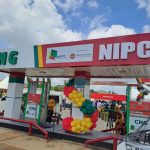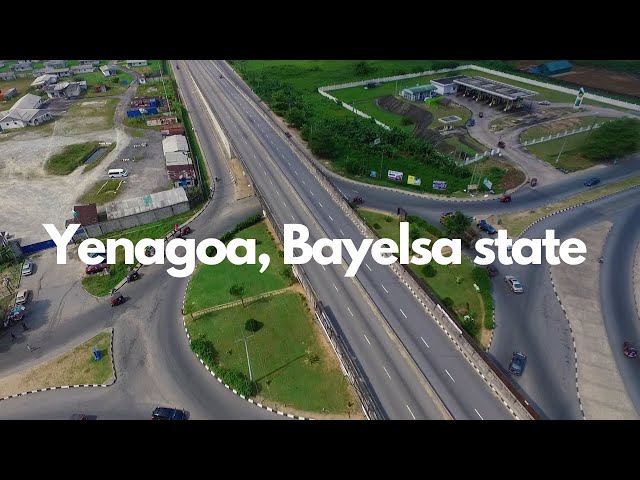Fuel prices in Nigeria are expected to experience a further increase as depot prices soar to N490 per litre, leading some private downstream companies in Lagos to sell fuel above the fixed rate of N488 per litre. Private depots are currently selling fuel at N490 per litre, while the Nigerian National Petroleum Company Limited (NNPC) depot supplies major marketers at N466.52 per litre. NNPC stations sell fuel at N488 per litre, major marketers sell between N488 and N492 per litre, and independent marketers purchasing from private depots charge prices exceeding N500 per litre. This price surge has led to black market traders selling fuel at N550 or even higher due to hoarding by certain fuel stations.
The upward trend in fuel prices is expected to continue as depot prices reach the N490 per litre mark. Consequently, several private downstream companies in Lagos have resorted to selling fuel at prices surpassing the fixed rate of N488 per litre. Reports indicate that the NNPC depot continues to supply fuel to major marketers at N466.52 per litre, while private depots now sell at N490 per litre. Consequently, fuel pump prices have risen in certain areas of Lagos State. NNPC stations adhere to the fixed rate of N488 per litre, while major marketers sell fuel within the range of N488 to N492 per litre. Independent marketers, who procure fuel from private depots at N490 per litre, charge consumers prices exceeding N500 per litre.
Responding to the escalating fuel prices, the Nigeria Labour Congress (NLC) President, Joe Ajaero, revealed that the congress is actively pursuing alternative solutions that will benefit Nigerians. Ajaero acknowledged that the current fuel prices have become unaffordable for everyday Nigerians and emphasized the NLC’s exploration of natural gas alternatives. He highlighted Nigeria’s abundant natural gas reserves, urging the country to tap into this resource and create alternatives, particularly for those hardest hit by the removal of fuel subsidies. Ajaero cited a pilot study conducted in the Edo area, where 10,000 vehicles were converted to compressed natural gas (CNG) with a projected cost of approximately N90 per litre. He also mentioned Innoson Motors’ plan to produce vehicles capable of using both CNG and petrol, allowing consumers to switch fuels based on affordability and availability.
The search for viable and affordable alternatives to mitigate the effects of rising fuel prices continues, as stakeholders seek long-term solutions that prioritize the welfare of Nigerians.










